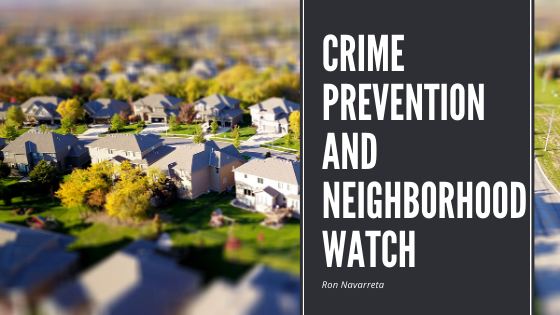The concept of a neighborhood watch began in the late 1960s. There was a rise in crime that caused the nation to consider community involvement at the local level. The National Sheriff’s Association (NSA) organized a way for local citizens to communicate with local law enforcement officials, calling it the National Neighborhood Watch Program. After the tragedy of 9/11, it became more important than ever to secure the safety of our communities. Neighborhood watch programs have sprung up all over America with the common goal of making the world a safer, better place to live. In addition to watching out for potential danger, neighborhood watch groups also help their communities with disaster prevention and contingency planning.
The Bureau of Justice Assistance (BJA) explains the steps of forming a neighborhood watch for any community interested in starting one. The first step is to recruit and organize as many neighbors as possible. This is followed by contacting the local law enforcement to introduce yourselves and discuss and community concerns. Together, the neighborhood watch and local law enforcement can then form an action plan. The neighborhood watch also then holds regular meetings and performs any necessary training. The final step would be any action taken if required.
The benefits of having a neighborhood watch are an overall reduction in crime, a familiarity with local law enforcement that leads to a feeling of comfort and overall ease, a better quality of life for everyone, a greater sense of one’s own security and responsibility as a member of the community, and an increase in societal pride and unity. Law enforcement, in turn, is received of some of its burden by the added assistance of many eyes and ears around the neighborhood looking out for everyone’s well-being.
Every crime watch looks and behaves uniquely because they are suited to their region. Anyone is allowed to be a member as long as they adhere to the rules of the group. Most groups have a leader or spokesperson to establish order. Some patrol the streets while others had out information about crime prevention tips. Some perform business and/or home security assessments. In addition, these are the groups to turn to for mobilizing neighborhood cleanup projects or help with the elderly or faith-based groups for the betterment of the community.

